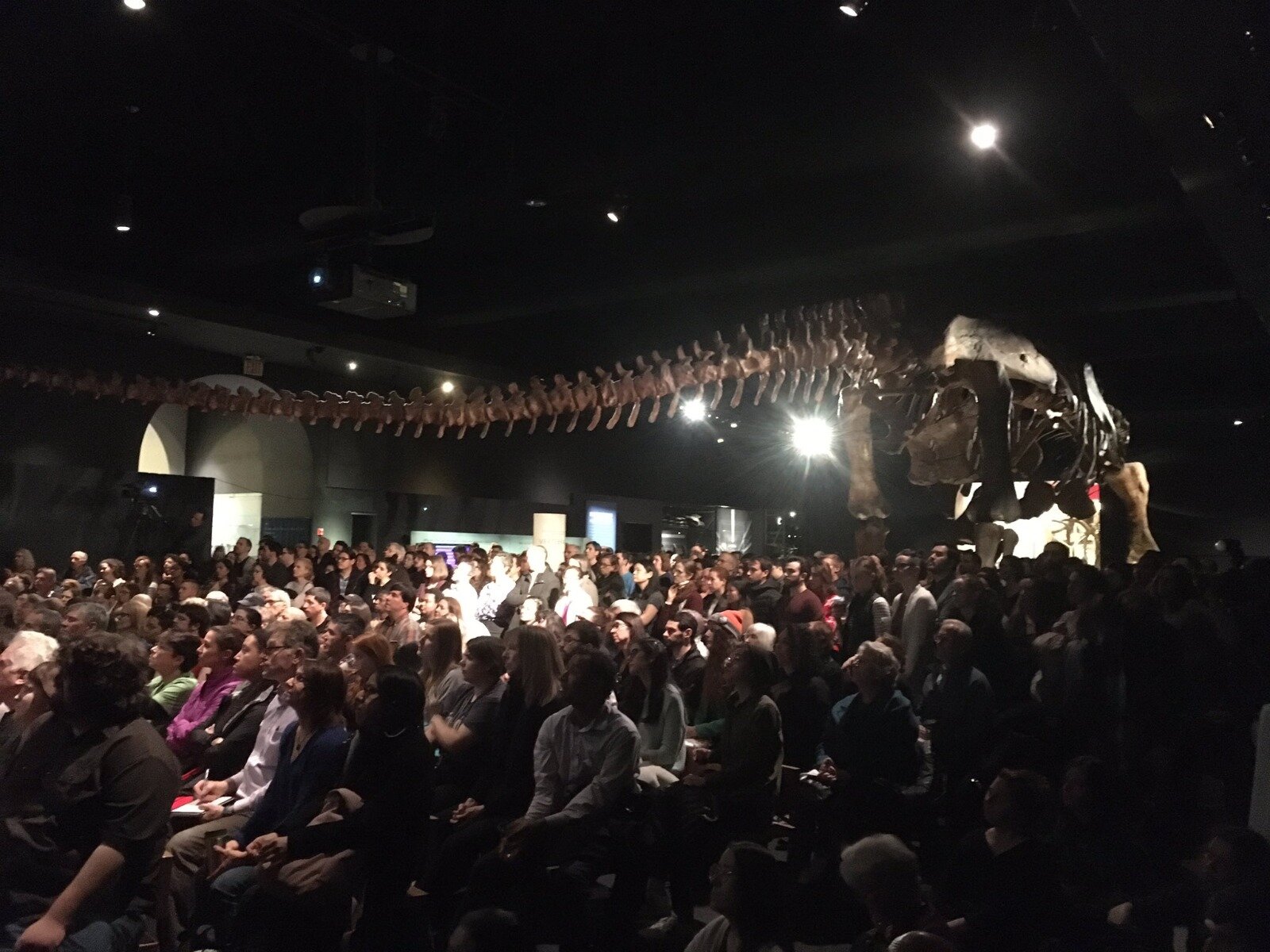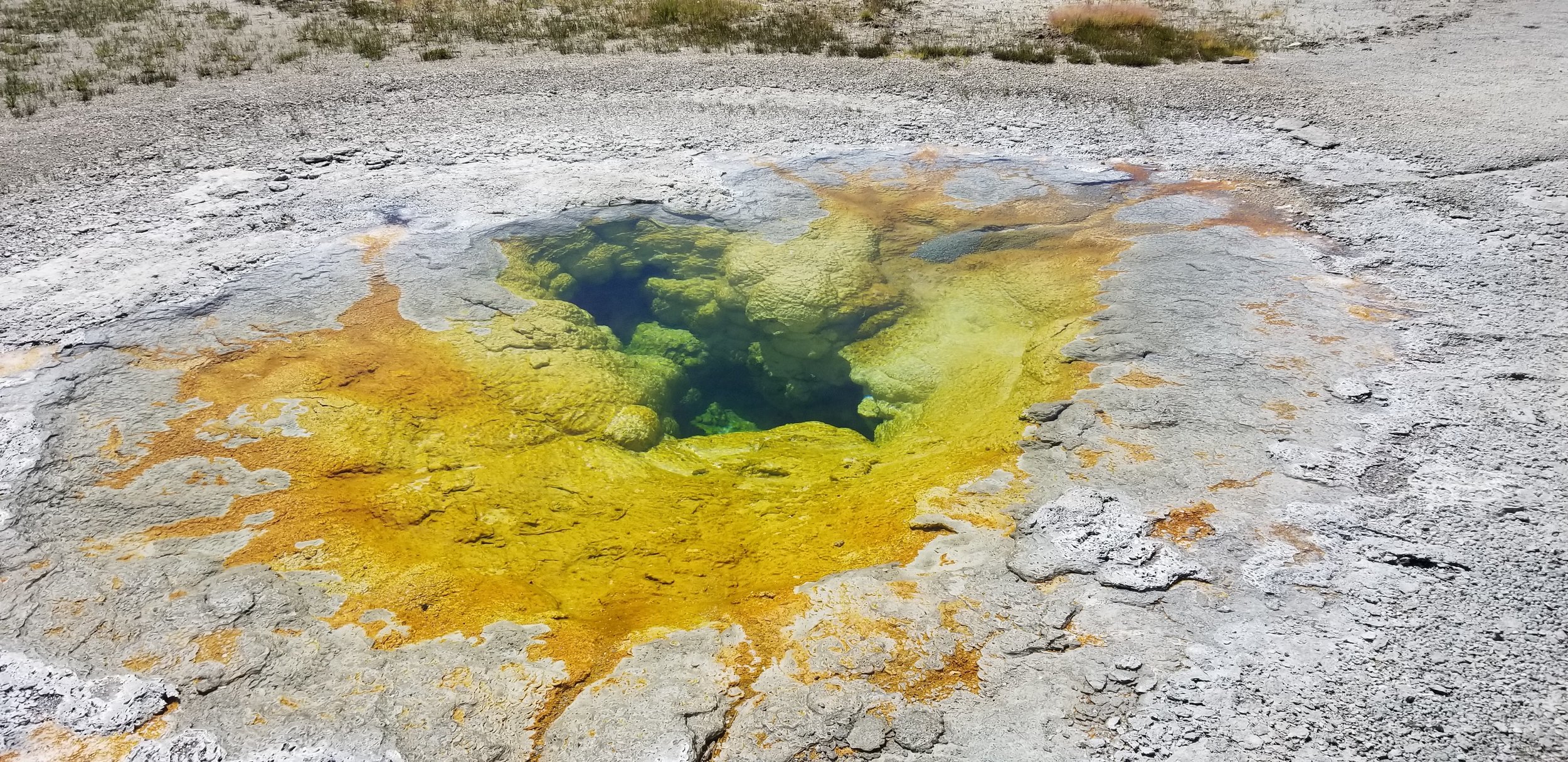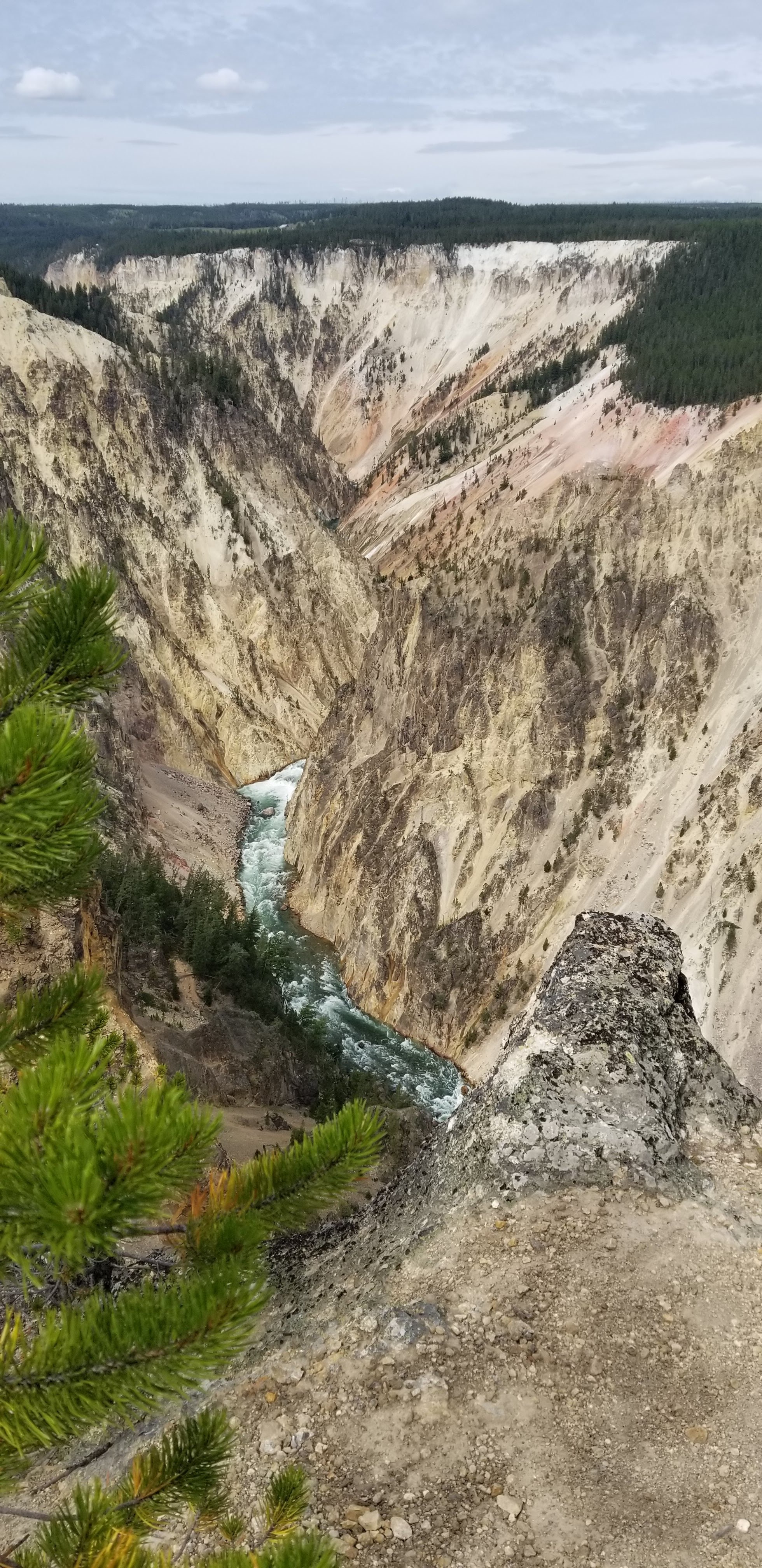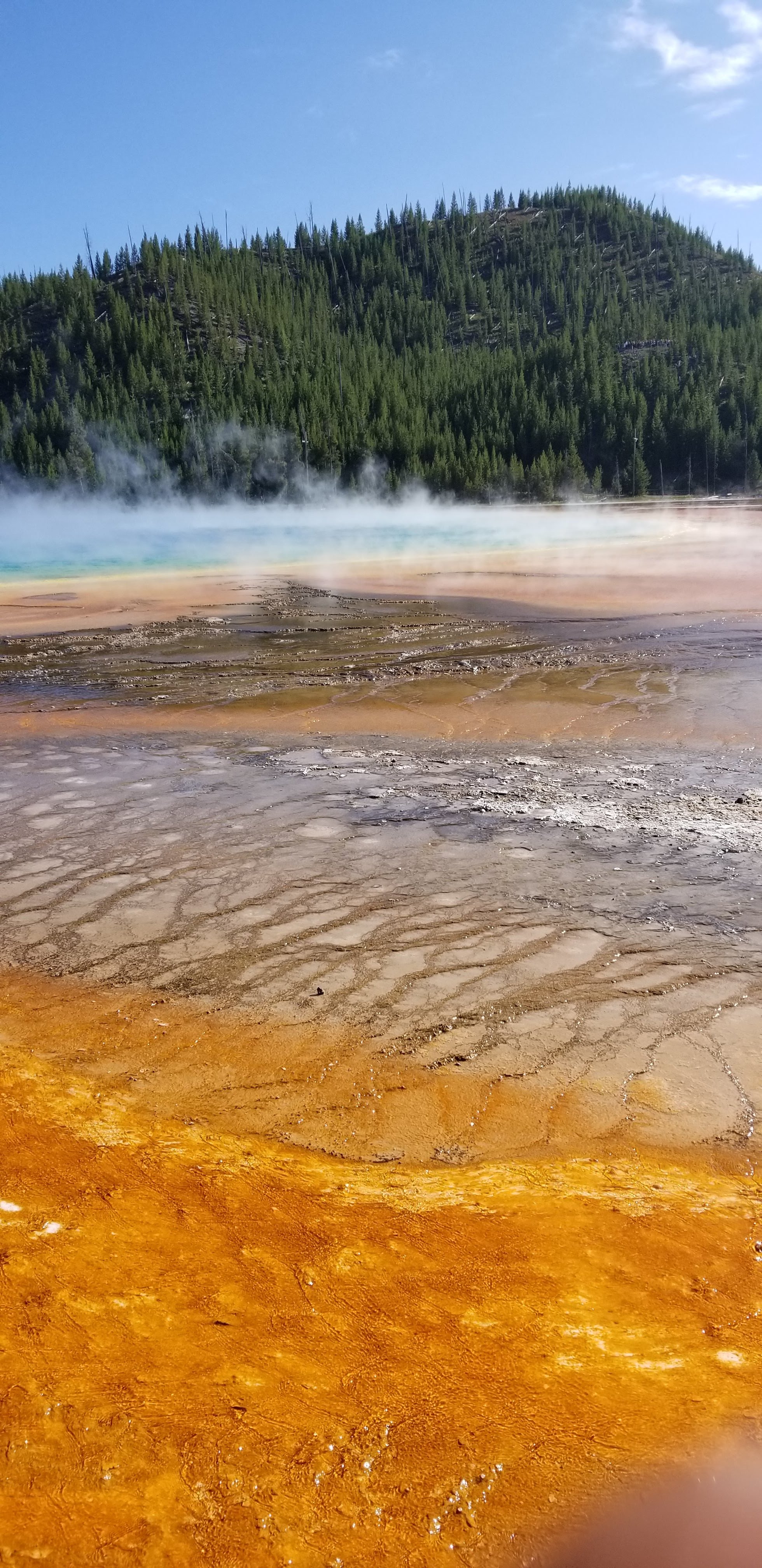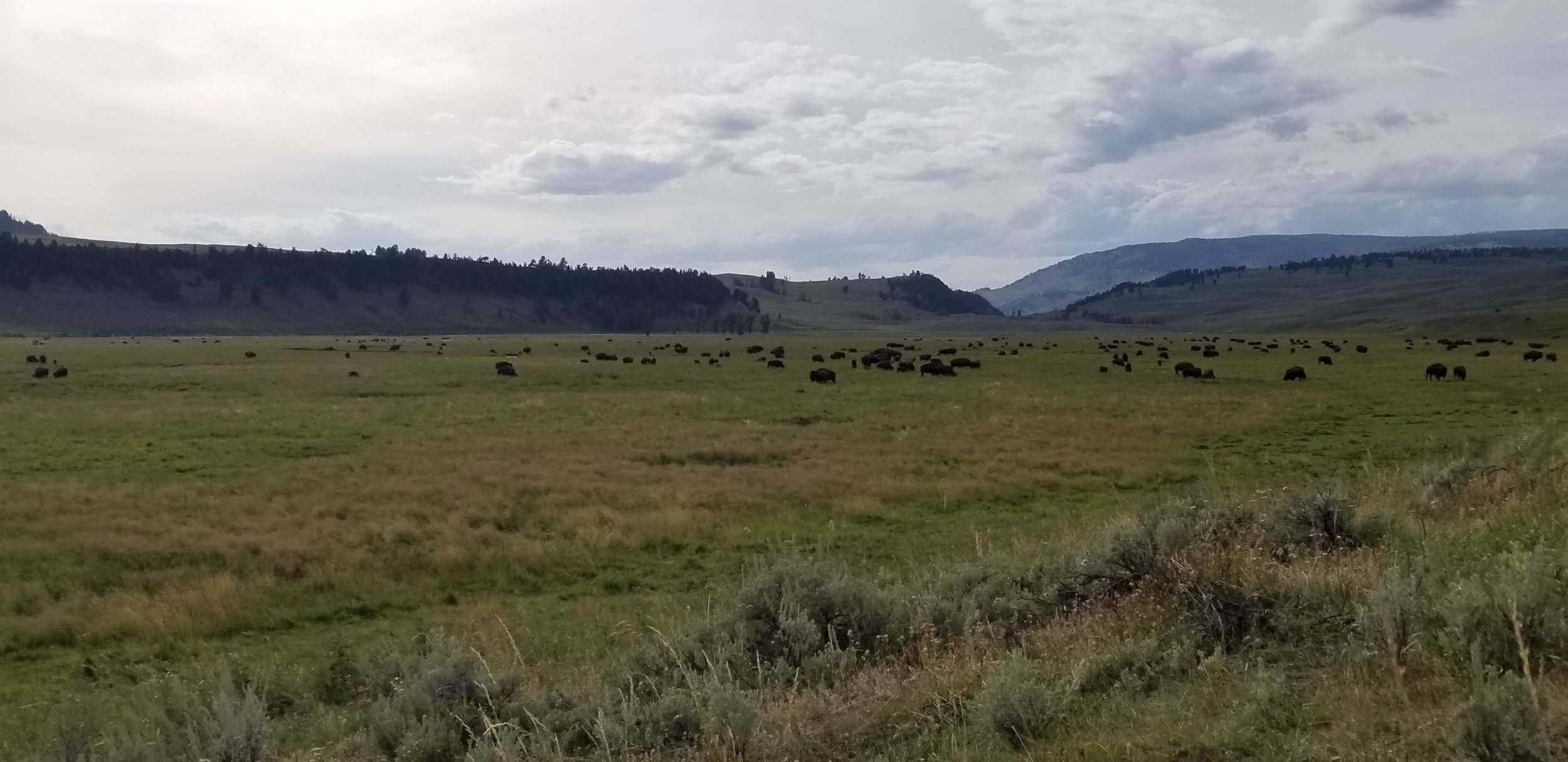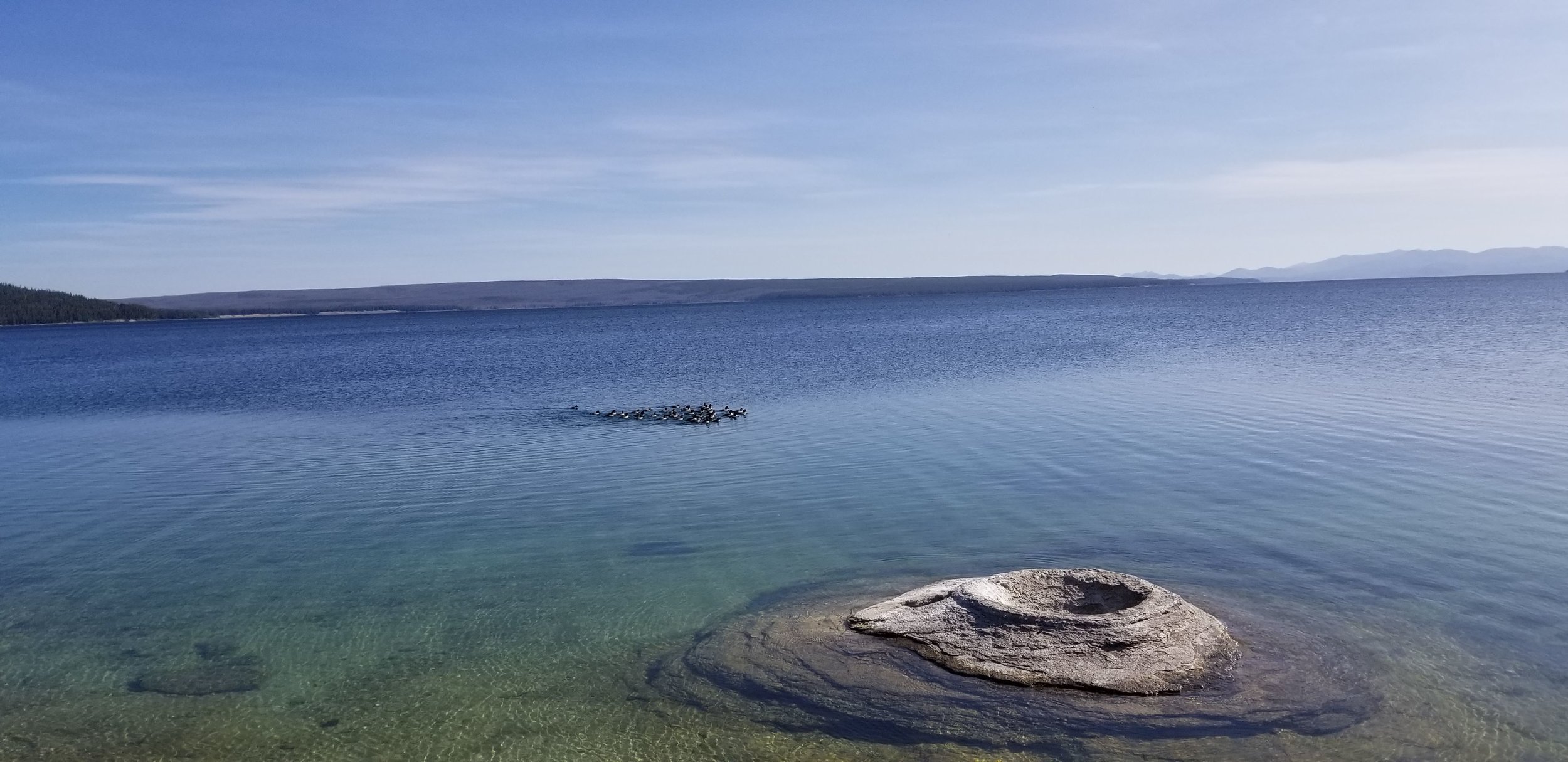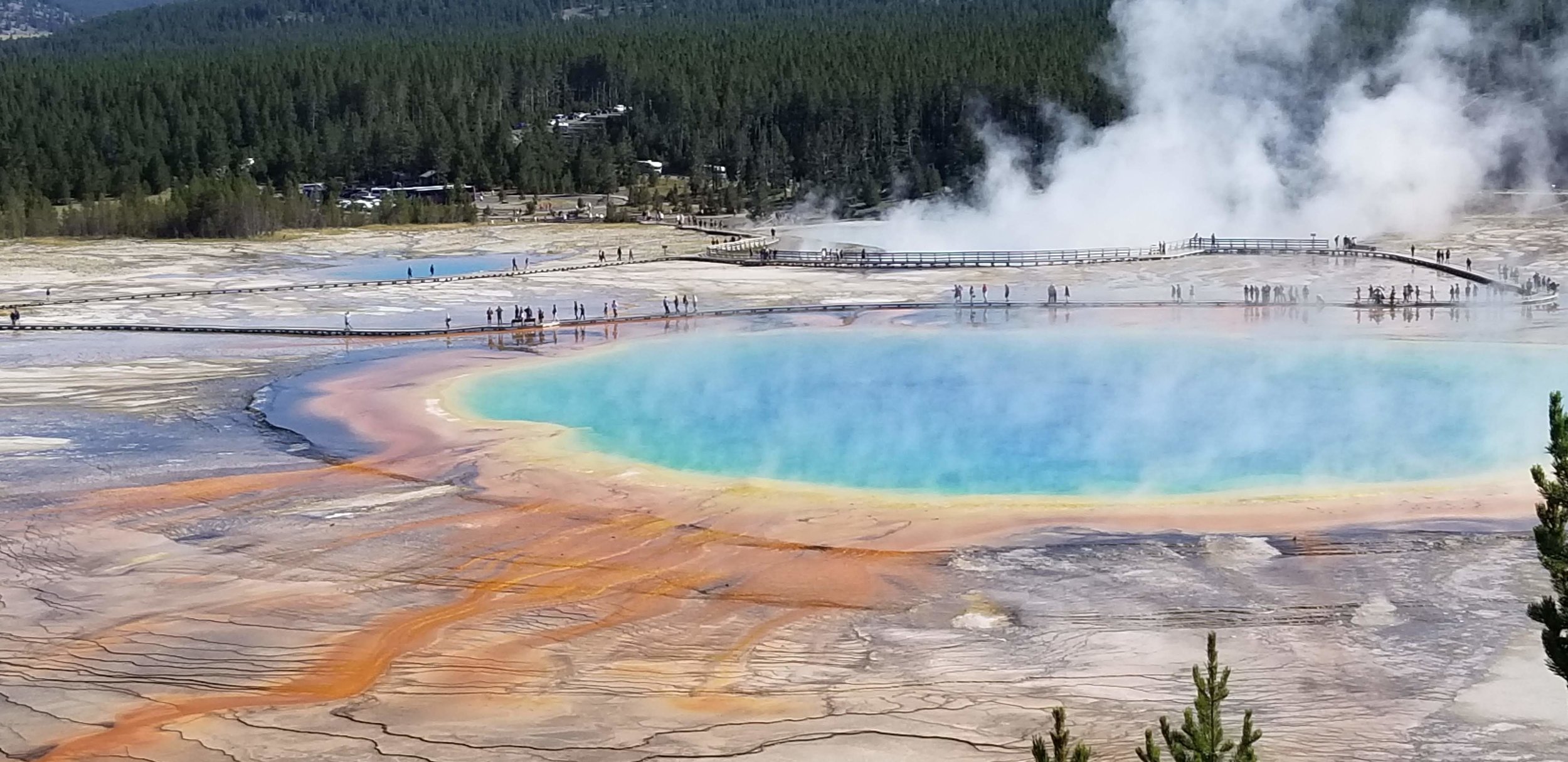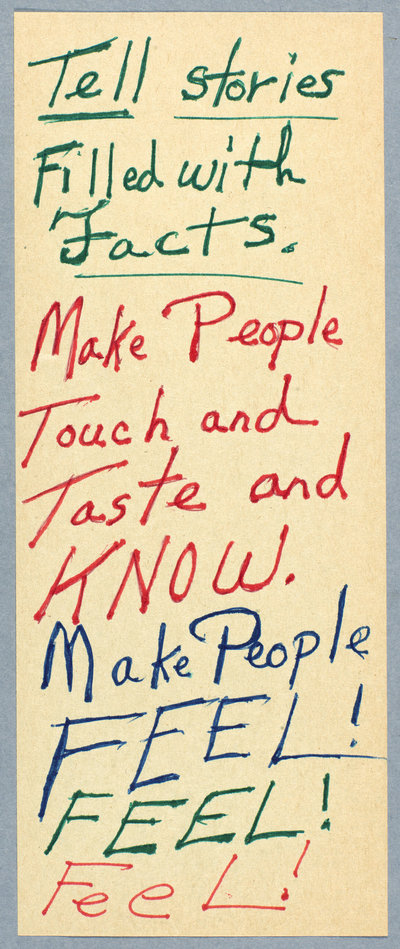Out today:
Shared vision for a decarbonized future energy system in the United States
How do people envision the future energy system in the United States with respect to using fossil fuels, renewable energy, and nuclear energy? Are there shared policy pathways of achieving a decarbonized energy system? Here, we present results of an online survey (n = 2,429) designed to understand public perceptions of the current and future energy mixes in the United States (i.e., energy sources used for electric power, transportation, industrial, commercial, and residential sectors). We investigate support for decarbonization policies and anti-decarbonization policies and the relative importance of climate change as an issue. Surprisingly, we find bipartisan support for a decarbonized energy future. Although there is a shared vision for decarbonization, there are strong partisan differences regarding the policy pathways for getting there. On average, our participants think that climate change is not the most important problem facing the United States today, but they do view climate change as an important issue for the world today and for the United States and the world in the future.
Congrats to Deidra and Joe!






